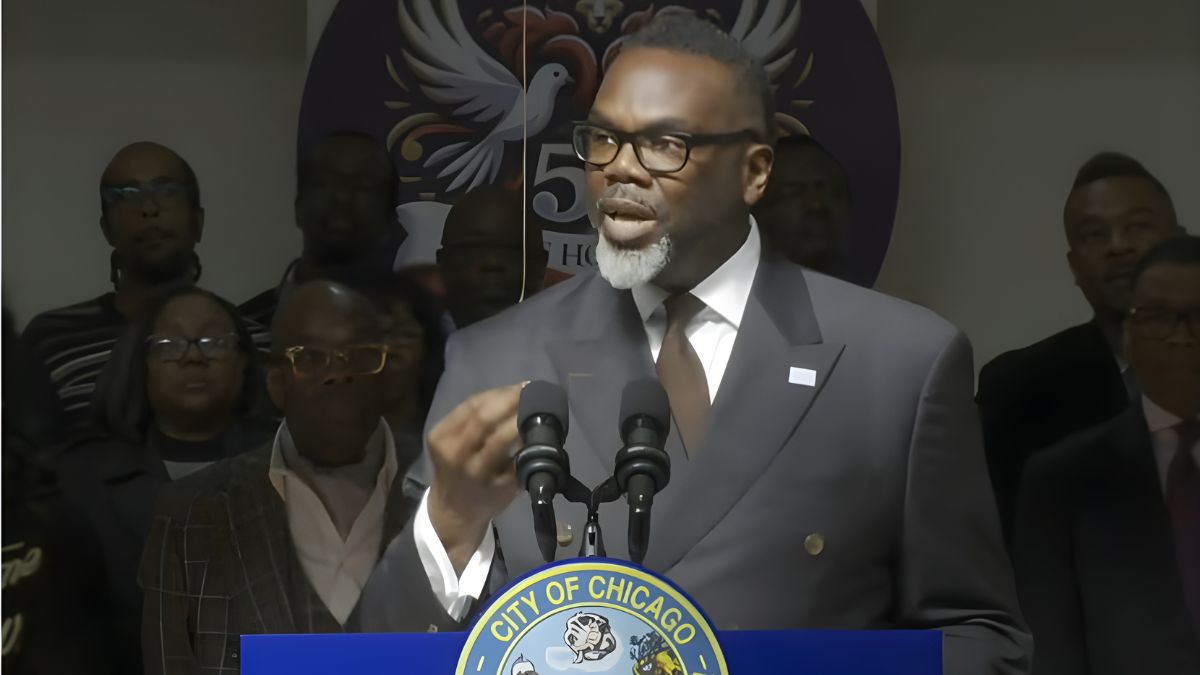Chicago Mayor Brandon Johnson is signaling hope for a breakthrough in the ongoing contract negotiations between Chicago Public Schools (CPS) and the Chicago Teachers Union (CTU). After a recent meeting at City Hall with top leaders from both sides, Johnson said he believes a tentative agreement is within reach—one that could reshape education in the city.
“Last week, I called CEO Pedro Martinez, President Stacy Davis Gates, Board President Sean Harden, and their teams to City Hall to help move toward settling a fair contract for our city’s educators,” the mayor said in a statement released Thursday. “We had a productive conversation, and both parties agreed to keep talking. Our students have waited long enough, my hope is that they will settle on a tentative deal as soon as possible.”
According to Johnson, the conversation zeroed in on three core issues still holding up a final agreement:
- Preparation time for elementary school teachers
- A flawed teacher evaluation system
- Retaining experienced educators
He says CPS and CTU have made “significant headway” on all three.
“What we are hearing about this potential deal is encouraging, not just for our hardworking teachers but for all Chicagoans,” Johnson said. “We all benefit when our public schools are thriving.”
The deal being discussed includes several significant changes:
- Smaller class sizes
- Librarians placed in dozens of schools across the city
Johnson, a former teacher and current parent of public school students, framed the negotiations as part of a broader educational vision that aims to ensure every neighborhood in Chicago has access to a “world-class school.”
“That means Sustainable Community Schools, neighborhood schools with wrap-around services, including social workers and nurses in every school community,” he said. “A full and rich curriculum where all of our students see their own reflections in the content and have access to sports, music, the arts, and exposure to new careers and technical skills.”
He pointed to Dyett High School as a model for what’s possible when the city fully invests in education. A decade ago, Dyett was at the center of a hunger strike aimed at saving the school. Johnson notes that it’s home to state champions and a thriving arts program today.
“When I met with those young men, who are now state champions, ten years after we went on a hunger strike to save their school, I saw proof positive the promise and potential of investing in our young people,” Johnson said.
While the final decision rests with the union’s rank-and-file, bargaining committee, and elected delegates, Johnson framed the pending agreement as a promising step toward a better district—and a stronger city.
